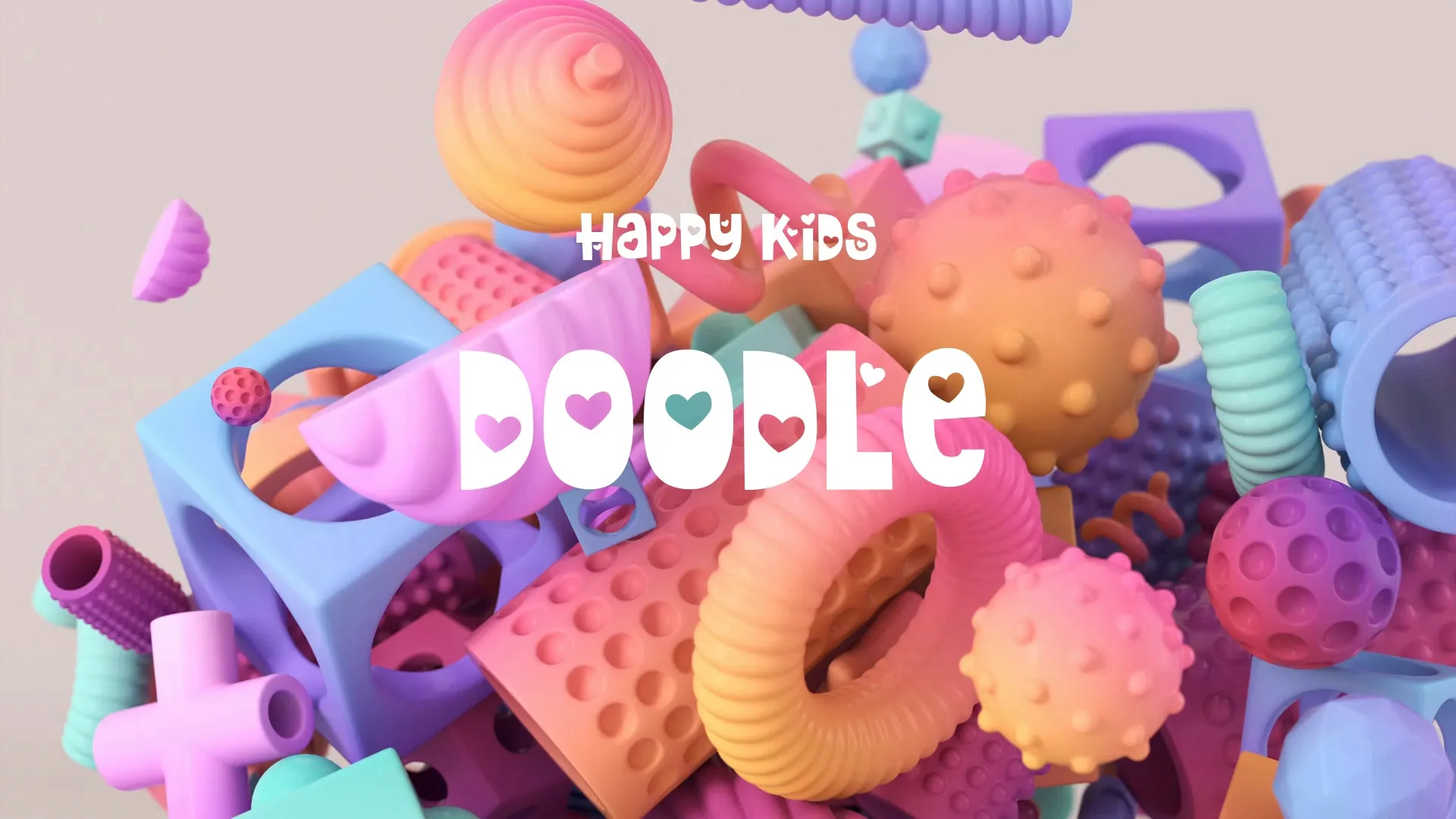Scripting Productivity Hacks: Advanced Momentum for Game Developers
Scripting Productivity Hacks: Advanced Momentum for Game Developers
Maintaining velocity in game development, especially when scripting, is crucial for indie developers. Stagnation in coding can derail an entire project, making advanced productivity techniques indispensable. This guide explores specific strategies to keep your scripting workflow efficient and focused.
Automate Repetitive Tasks
Manual, repetitive tasks are productivity killers. Identify boilerplate code generation, asset import settings, or build processes that can be automated. Leverage editor scripting or external tools to handle these routines.
Consider custom scripts to automatically assign materials, set up colliders, or configure common component properties. This saves hours over a project’s lifecycle and reduces human error.
Embrace Modular Design and Loose Coupling
Write code that is easy to reuse and modify. Modular design, where components have single responsibilities, reduces dependencies and simplifies debugging. Loose coupling ensures changes in one part of your codebase don’t cascade unexpectedly.
This approach accelerates iteration and makes it easier to onboard new features or pivot existing ones. Focus on interfaces and abstract classes to define clear contracts between modules.
Master Your IDE and Editor Features
Your Integrated Development Environment (IDE) and game engine editor are powerful tools; learn their advanced features. Code snippets, custom hotkeys, powerful search functions, and debugging tools can dramatically speed up your scripting.
Invest time in understanding your IDE’s refactoring capabilities and how to leverage them. Efficient navigation within large codebases is a direct path to higher productivity.
Implement Version Control Effectively
Effective version control is non-negotiable for scripting productivity. Beyond basic commits, utilize branching strategies for features and bug fixes. Regularly merge and rebase to keep your codebase clean and up-to-date.
Proper commit messages and a clear branching model prevent merge conflicts and facilitate collaboration. This also provides a robust safety net for experimental changes.
Optimize for Performance Early and Often
Performance bottlenecks can halt development as much as coding issues. Integrate performance considerations into your scripting from the outset. Profile your code regularly to identify and optimize inefficient sections.
Techniques like object pooling are essential for managing runtime performance, especially with frequently instantiated objects. Learn more about Implementing Object Pooling in Unity for Performance to keep your game running smoothly.
Leverage Advanced Debugging Techniques
Efficient debugging is a cornerstone of scripting productivity. Go beyond simple print statements and master conditional breakpoints, watch windows, and remote debugging. Understand how to inspect complex data structures and call stacks.
Time spent effectively debugging is time saved on frustrating trial-and-error. Utilize profiling tools to pinpoint performance issues and memory leaks quickly.
Create a free account, or log in.
Gain access to free articles, game development tools, and game assets.













.webp)









